
Supreme Court nominee Justice Hafisata Amaleboba has explained that judges who also hold traditional leadership titles do so only with the express permission of the Judicial Council in line with constitutional provisions meant to insulate chiefs from partisan politics.
She made this known during her vetting before Parliament’s Appointments Committee on Wednesday, June 18, 2025.
Justice Amaleboba is one of seven justices of the Court of Appeal nominated by President John Mahama for elevation to the Supreme Court under Article 144(2) of the 1992 Constitution.
“The Chiefs of the Judiciary serve as Chiefs with the permission of the Judicial Council. I believe that because the Constitution wants to ensure that chieftaincy is insulated from politics Members of Parliament are not supposed to be Chiefs. Chiefs are expected to be neutral,” she stated.
“If you become a politician and also want to become a Chief, it would politicise the institution.”
She cautioned that judges in such dual roles must be circumspect in their political commentary. “As a judge and a chief, you ought to be measured in your commentary on politics, especially in support of one group or the other. Judges should always be careful in their language to preserve the integrity of the judiciary,” she said.
Justice Amaleboba also backed proposals to cap the number of Supreme Court justices, but urged caution.
Ghana’s highest court currently has 13 members and the nomination of seven new judges, including herself, could raise the total to 20, a move that has stirred debate among legal and political actors.
“I support capping the number of Supreme Court judges, but we should not rush to do so until we address the challenges facing the Supreme Court, such as case backlog and its various jurisdictions,” she said.
She warned that implementing a cap prematurely could lead to complications.
“Prematurely capping the number could necessitate frequent constitutional amendments if increases are justified.
“Once these issues are resolved, we can better assess annual caseloads and establish a reasonable cap,” she explained.
Highlighting systemic issues affecting justice delivery, Justice Amaleboba pointed to a shortage of judges and procedural inefficiencies as the main causes of case delays in the courts.
“We do not have enough manpower to be able to expedite the cases that we have,” she lamented. Drawing from her experience in the family and divorce court, she recalled a time when a single judge had to manage over 300 cases.
“We should remember that as these cases are being determined, new ones are being filed on a daily basis,” she said, adding that repetitive interlocutory applications further complicate case timelines.
“When there is an application before you give a ruling, and your decision is stayed at a higher court, it means that you have to stay your hand until the matter is determined,” she noted.
Asked about what kind of legacy she would like to leave, Justice Amaleboba responded with clarity and purpose:
“I want to be remembered as a hardworking judge, one with integrity, an assiduous judge and one who sets precedents that will stand the test of time.”
She also reaffirmed her belief that experience is critical at the apex court, saying “We need qualified and experienced judges who can adjudicate matters that will stand the test of time and guide younger judges.”
Declining to offer political advice when asked, she replied with dignity, “Please let the cup of advising the politicians bypass me.”
Justice Amaleboba defended her nomination, stating firmly that the decision lies within the constitutional remit of the President.
“Nominating a judge for the Supreme Court is the prerogative of the President, and the President has exercised that discretion. I believe I am qualified,” she said.
With over 15 years in private legal practice, 11 years on the bench and a cumulative 26 years at the bar, she said her legal journey had prepared her for the apex bench.
“I am capable and competent to discharge the duties of a Supreme Court judge,” she concluded.
The post Chiefs on the Judiciary serve with permission –Justice Amaleboba appeared first on The Ghanaian Chronicle.
Read Full Story
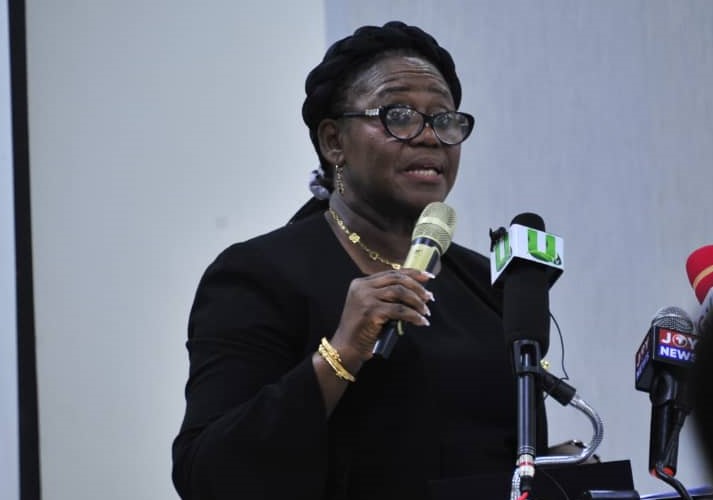
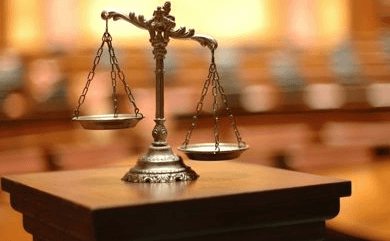
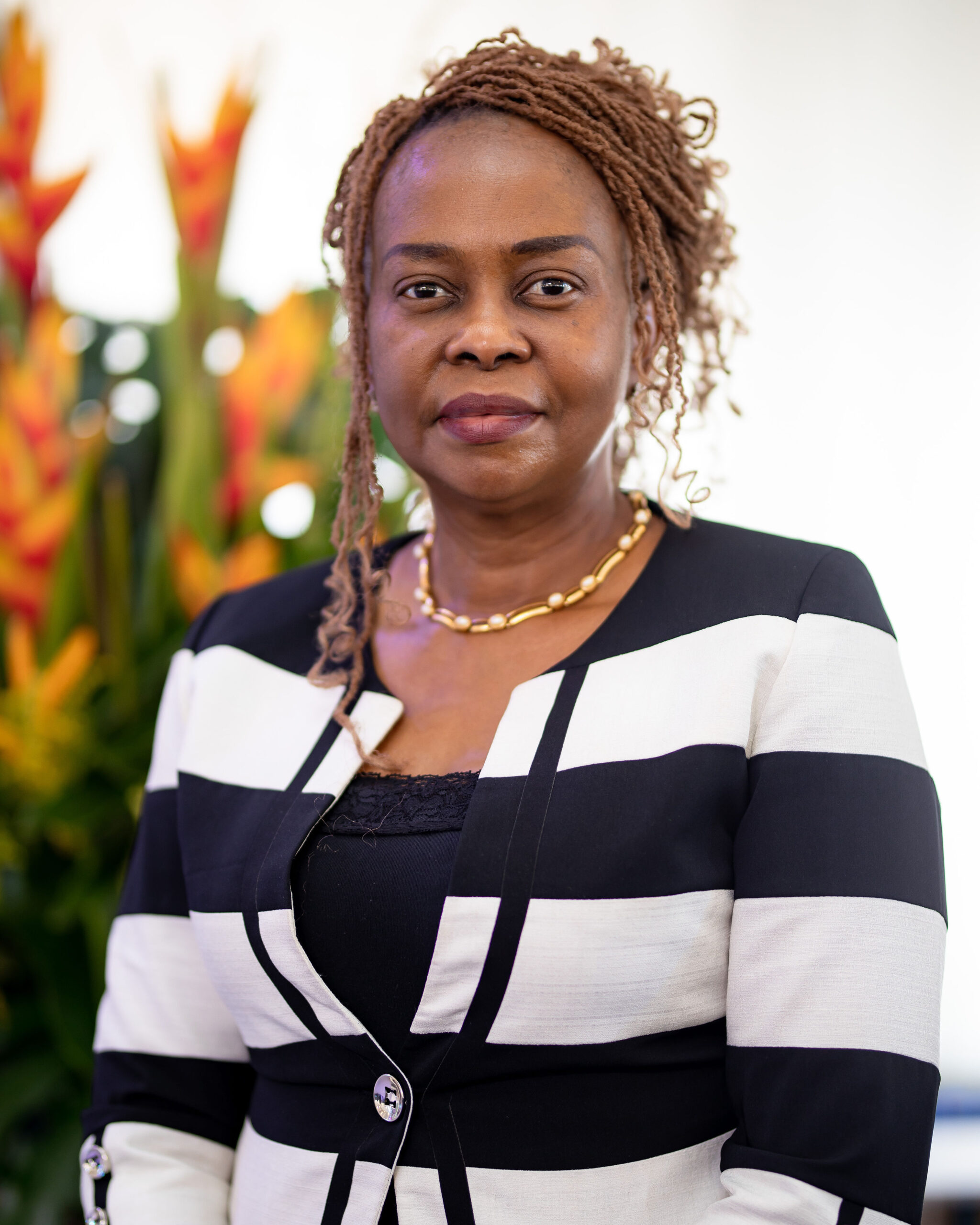
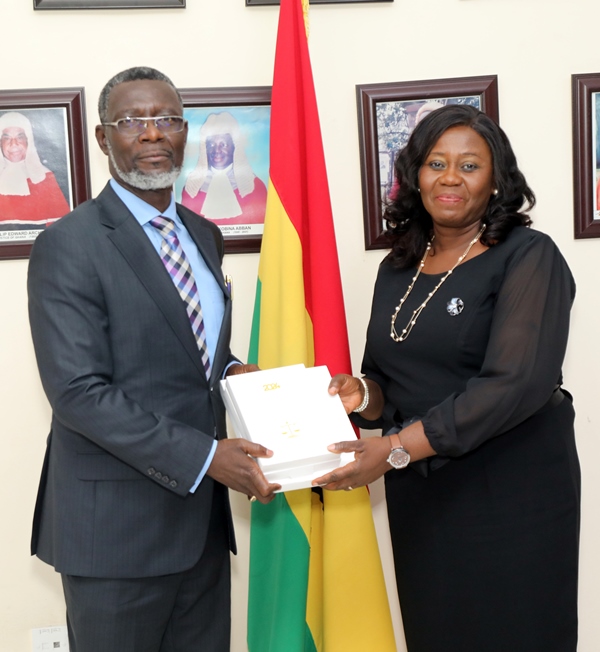
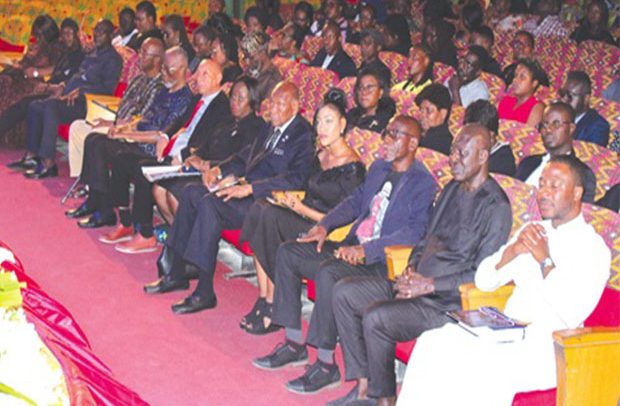













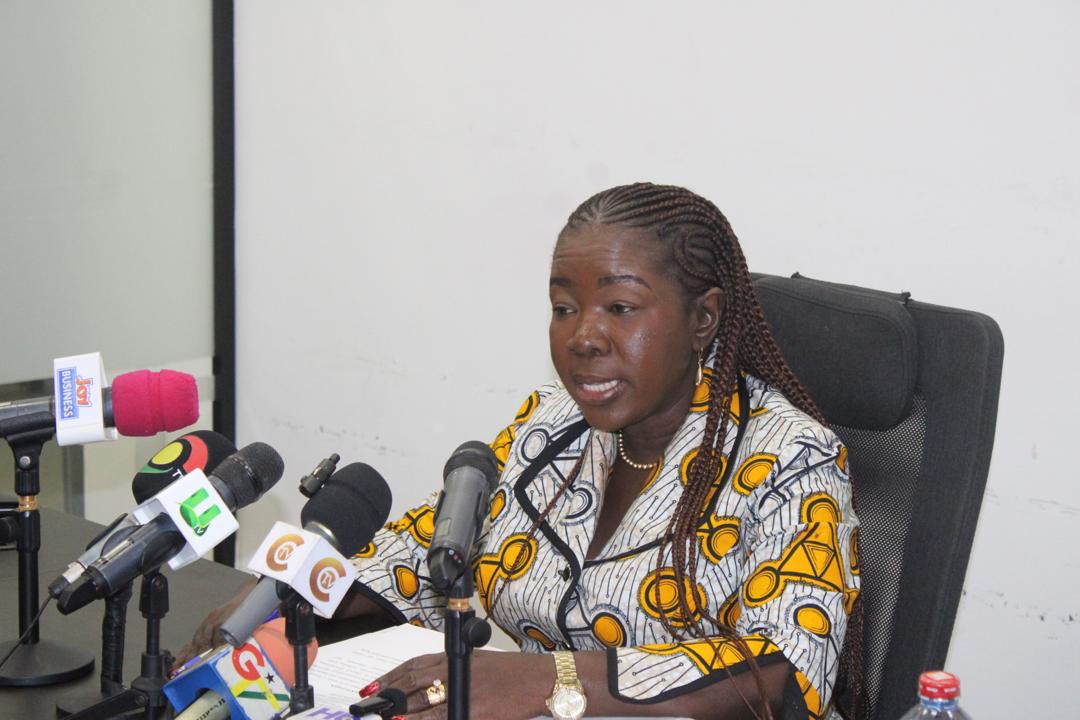
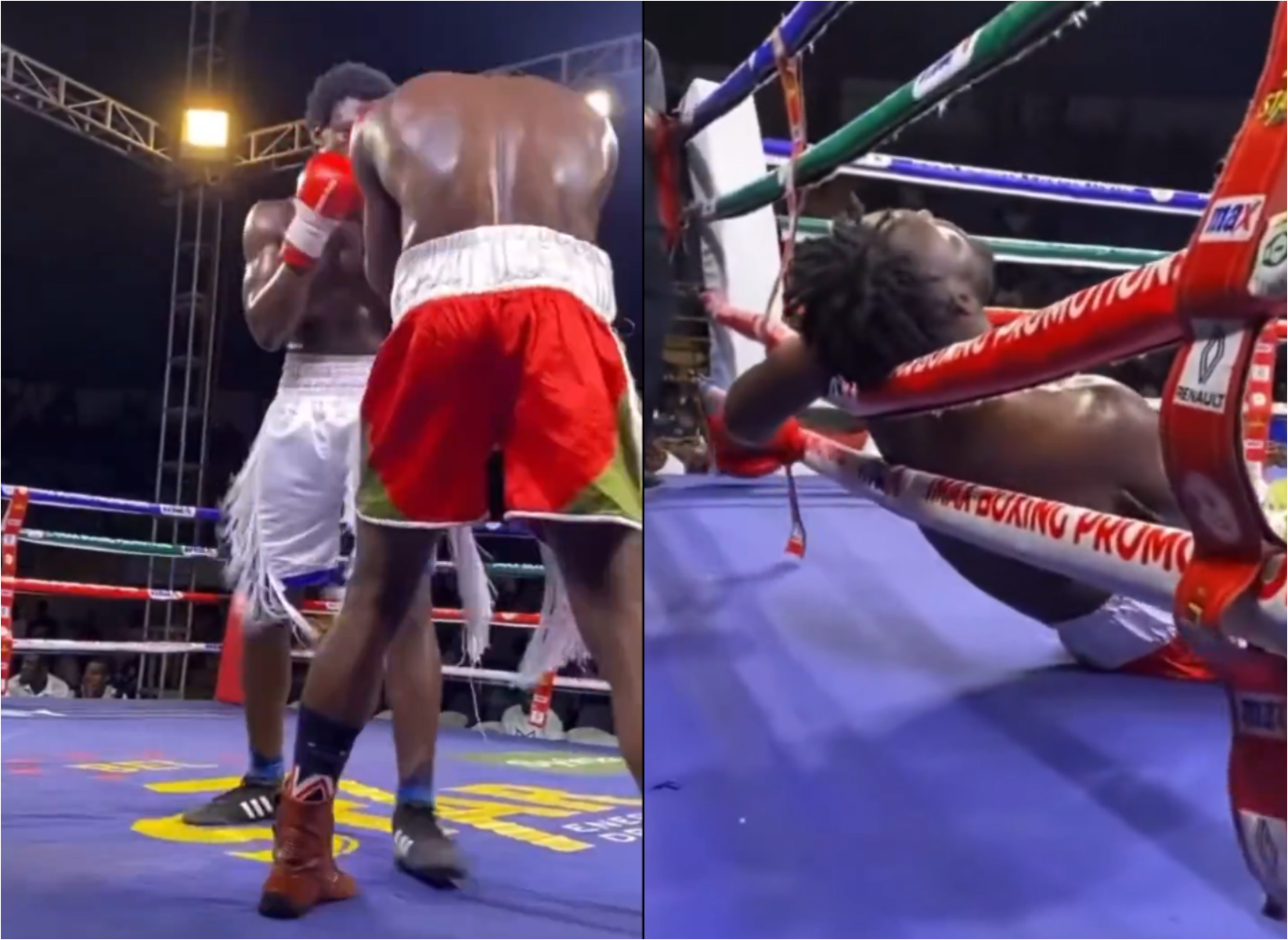


Facebook
Twitter
Pinterest
Instagram
Google+
YouTube
LinkedIn
RSS